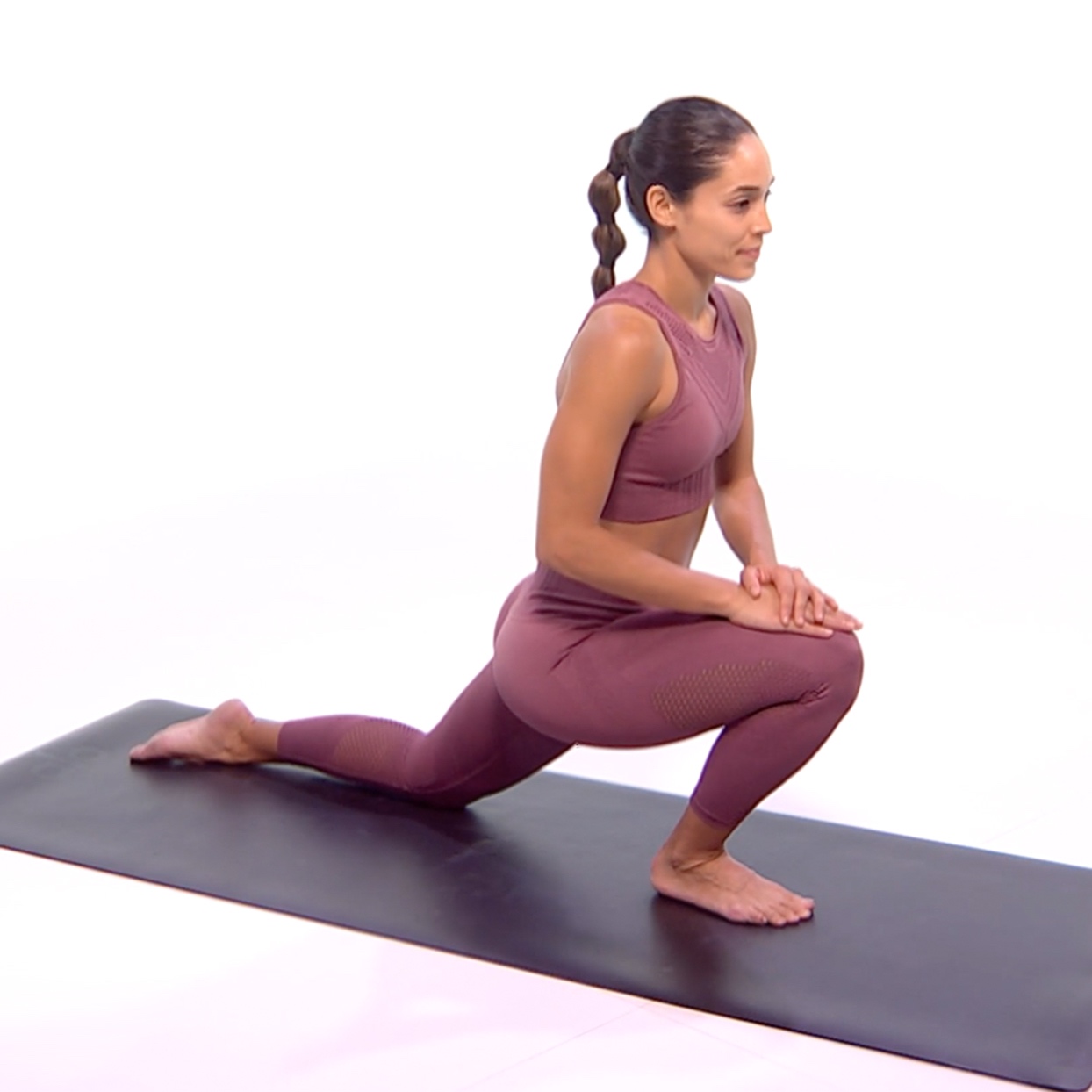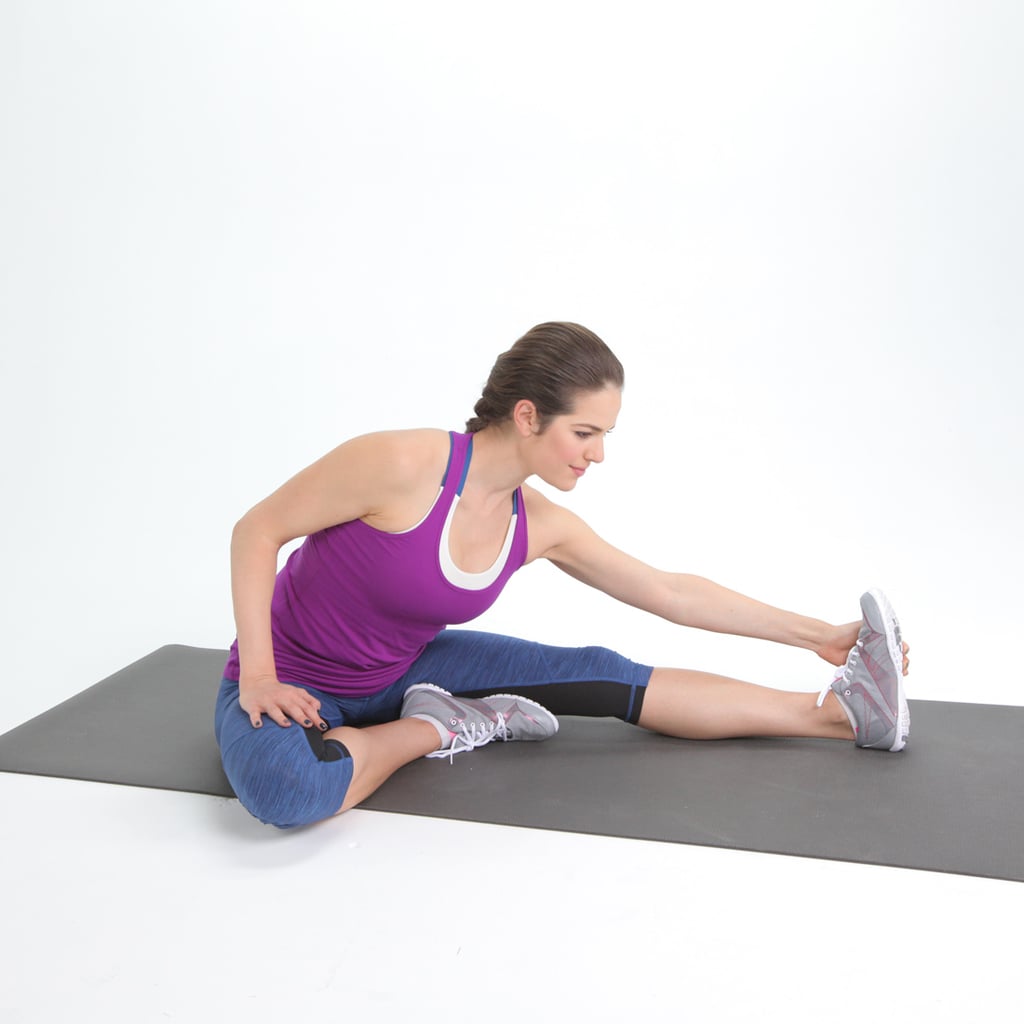A Doctor's Orders: How to Work For a Summer Bod, Without Overworking It
I remember the first time I decided to really work hard at losing the weight I gained during pregnancy. I was 230 pounds and decided it was time to hit the gym. As soon as I got a membership, I sprinted to the locker room and got on the weights. All seemed well. I was pushing myself hard and then…
I pulled a muscle, BAM!
Just like that, I got myself out of commission. Why? Because I decided to go too hard, too fast. By overworking my body, I put my body in a position that no longer was able to work out. Eventually, I started gymming and dieting again. Slowly but surely, I went down to 175 or so, where I remain today.
With all the talk about how important exercise can be, it’s hard to think that you could ever be too active. Believe it or not, there is such a thing as too much exercise. Too much exercise can lead to joint problems, sprains, pulled muscles, and more. These tips will help you learn how to workout effectively, safely, and in the right amount of moderation.
To find out more about how to avoid overwork-related injuries, I went out to talk to Physical Therapist, Dr. Stephanie Salvatore of RXPT and Sports Recovery. Here’s what she had to say…
Ossiana Tepfenhart: Let’s start simple. How much of an impact does gymming offer in terms of weight loss? Is dieting better for people who want to drop pounds?
Dr. Salvatore: If you haven't been an active person at all, getting into exercise will definitely jumpstart your weight loss journey. If you have been active for a while and saw initial results but now have plateaued definitely take a look at your eating habits.
Diet can make or break a weight loss goal and just a small adjustment can help you see the results you want. I like using my fitness pal to track my intake of calories because you may think you’re eating healthy but sometimes foods have hidden calories that can add up quick.
Just because you’re more active doesn't mean you need that many more calories as well so keep that in mind. If you’re having trouble figuring out your exact formula seek out a registered dietician who can help you better look at the overall picture and achieving your individual goals.
OT: So gymming definitely does help. Let’s talk training. What are the best training techniques for a summer body?
Dr. Salvatore: I would suggest performing a combination of cardio and strength training. Cardiovascular activity will help to improve your endurance and overall fat loss while strength training will help to tone your muscles.
Summer is a great time to really get outside and change up your cardio routine to keep your body guessing and not always performing the same old exercise. Swimming, jogging, bike riding, hiking and even pickup games of your favorite sport, are great ways to get your heart pumping.
OT: The warm weather definitely helps, but some might find it exhausting. The gym’s air conditioning can call us, and to a point, I’ve heard that people don’t think you can overwork in a gym. Is this true?
Dr. Salvatore: Overtraining is always a possibility especially if you’re going from 0 to 100 with your training program. It’s good to have some soreness after trying a new exercise or a really tough workout but if you’re unable to walk or can’t move certain body parts, it’s likely that you overdid it.
Also, listen to your body when starting to become more active or even those individuals who have been exercising for a long time. I am active five to six days per week and there are times when I know I need to take a few days off because my body isn’t recovering as usual, I’m seeing my performance plateau, or things just hurt.
Sometimes taking a day or two off is just as good as exercising. Your body needs a chance to relax and recover, and allowing it to do so can prove even more beneficial when you do get back in the gym.
OT: What’s the maximum time a new gym goer should work out?
Dr. Salvatore: If you’re just starting to work out, you need to find a time of day that works for you and start with 20-30 minutes of activity. This will allow your heart rate to rise and break a sweat and will feel like a lot longer than 30 minutes at first. As you progress and get stronger, adding time will be required for you to get more benefits.
OT: As a relative gym newbie, I always get worried I’m doing things wrong. What are common rookie mistakes for people new to working out?
Dr. Salvatore: Again if you’re feeling true pain or your soreness level is so extreme that it’s hard for you to walk or perform your regular daily activities, then scale it back until you are more conditioned. Getting to that level of soreness or suffering an injury only sets you back in your fitness goals so just be smart about progressing your workouts.
OT: I’ve noticed that on online forums, a little prep is always suggested, but I’m not sure how legit it is. Do warm-ups actually work?
Dr. Salvatore: Warm-ups do work! As we get older our bodies need that little time to go from not doing anything to stressing it during a workout. Warming up allows our muscles to stretch and contract to get ready to perform at their highest potential.
OT: What are the best warm-ups?
Dr. Salvatore: The best types of warm-ups involve a short section of cardio and then dynamic stretching and movement preparation if performing lifts. Dynamic stretching involves moving while stretching like walking calf sweeps, hurdler stretch and Frankenstein kicks.
OT: After your main workout, it’s often suggested that you cool down with some more relaxing stretches. Do you have any advice for gymmers who want to cool down for a faster recovery?
Dr. Salvatore: There’s a difference between pain and muscle soreness/fatigue. If you’re feeling sharp pain in any joint or muscle and it does not go away after a few days or you’re having trouble with your regular activities, then definitely seek out a healthcare professional like a doctor, physical therapist or athletic trainer to get checked out.
If you’re having a lot of muscle soreness you could have overdone it so avoid using those muscles in your next few workouts or take a day off. If you’re having mild to moderate soreness then I always recommend foam rolling the sore areas and a cool down where you are working at a mild effort level to allow your heart rate to come back down slowly.
Also, static stretching post-workout is okay because your muscles are already warmed up and a static stretch will help to improve flexibility.
OT: How important is hydration to a safe recovery?
Dr. Salvatore: Making sure you’re hydrated is important no matter what, but especially when working out. Making sure you’re well hydrated will help keep your skin looking great, decrease chapped lips, keep your muscles and joints fluid and loose, and allow you to perform at your best.
Also, it’s wise to keep in mind what environment you’re working out in. This is especially important in the summer when it gets hot and humid outside. The hotter temperatures and higher humidity means more sweat, which means losing more water so make sure to take extra care in these situations and constantly replenish your fluids throughout your workout.
OT: Finally, let’s talk about burnout. I personally know it’s possible to burn out from dieting and exercise. How common is this? Do you have any advice for people who may have burnt out from past efforts?
Dr. Salvatore: You’re not alone! I’m definitely guilty of workout burnout. I have gotten stuck in my ways from time to time over the years and then gotten so bored of whatever routine I’m in that I became unmotivated to workout at all.
I like to constantly change what I’m doing to keep my body guessing and also make sure I have a well rounded training regimen. The best example of this would be runners. As a physical therapist, the biggest group of active individuals I see are runners and mostly because they only run. This leads to burnout and injury!
Once I get them back from their injury and begin integrating running into their life again, I always add in some cross-training and recommend they find something else they enjoy doing because they need to develop more muscles than just the ones from running.
Like I mentioned before, anytime you feel your body breaking down or you mentally need a break, it’s okay to take a few days off from whatever you’re doing to regroup and avoid any injuries that may occur if you’re not 100 percent focused on what you’re doing.
And diet burnout? Diet burnout can also occur usually when you have a really restrictive diet but you still crave those things that you have cut out. I like following my healthy eating plan Monday thru Friday and then on the weekends I allow myself to cheat—in moderation.
I find that a well-rounded diet works best for me, but again finding a dietician to help you tailor a program to your needs is my best suggestion.
Dr. Salvatore’s practice is located in Millstone, New Jersey. For more information on her services click here.
Cover image via Business Insider










